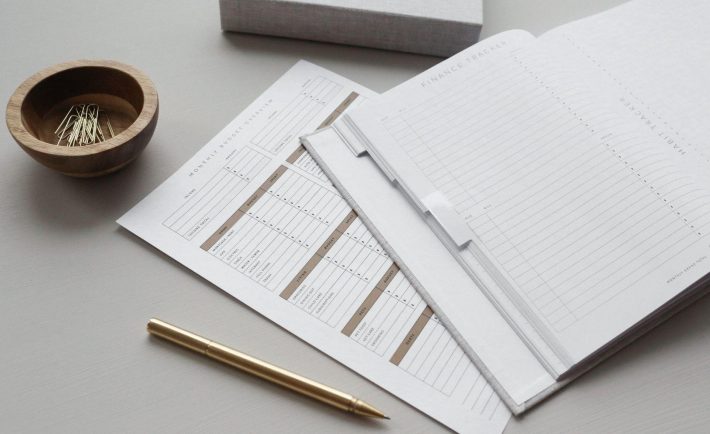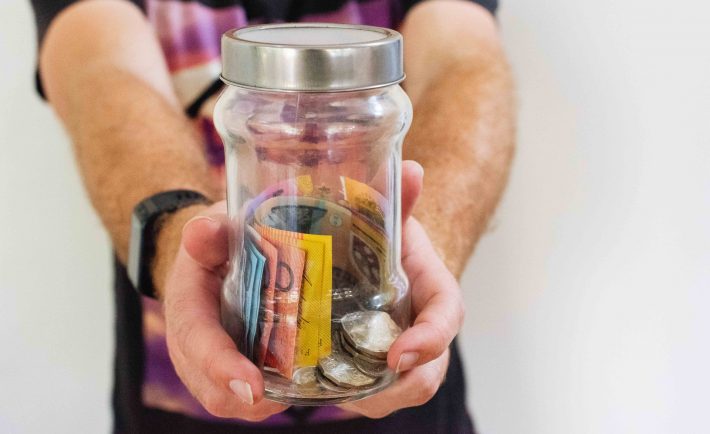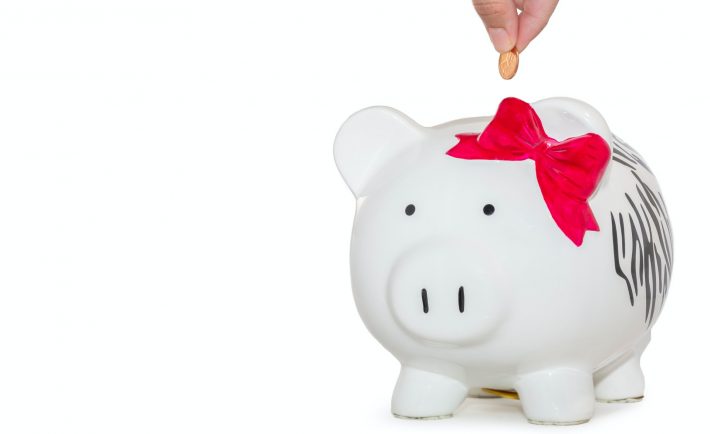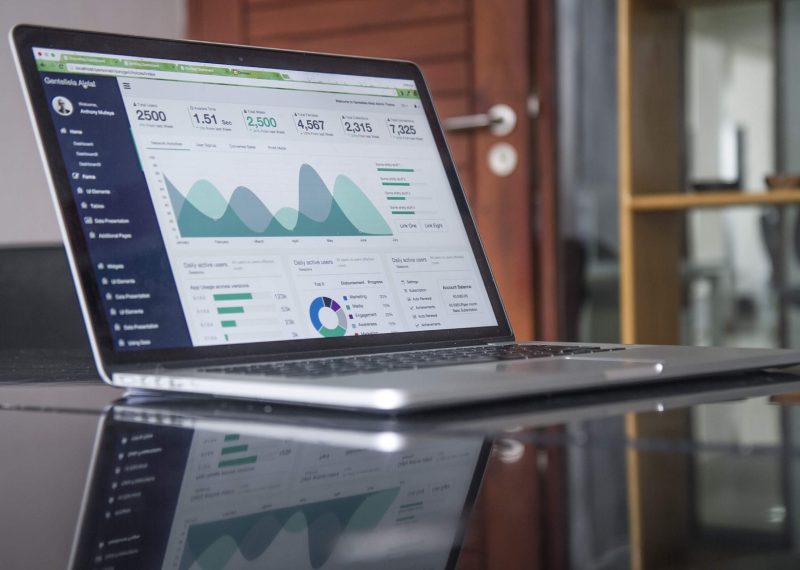Many believe that only business owners need to have financial literacy in order to pay taxes, fulfil day to day accounting needs, etc. What they fail to recognise is that these businesses have numerous resources to support their financial needs, if it’s a large scale business or a startup they are sure to find the right MYOB pricing, or a different resource that’s well priced. However, because of this many overlook how essential financial literacy is even for individuals, and there are much fewer resources to manage personal finances, making it absolutely necessary to at least understand the basics to fulfil the individual needs. Reinstating the importance of finance in financial literacy and personal finance are both very important aspects of your life, and improving them can benefit you in many ways, such as helping you make informed decisions about how to handle your money, reducing the stress and anxiety you feel when it comes to your finances, and even helping you to earn more money in the future as a result of having more knowledge about your money. Here are five ways that you can improve your personal finances so that you can be better off financially in the future.
5 Ways To Improve Your Personal Finance
1) Calculate your net worth
Net worth is a big picture number that is an excellent starting point for your financial literacy. You can calculate it by taking your total assets and subtracting your total liabilities. When you start investing, look into how each investment affects your net worth; at a glance, you’ll see if you’re building wealth in one area while draining it in another (or if your investments are actually adding to your net worth). Also consider using personal finance apps like Mint or YNAB that track all of these numbers for you automatically—at least as an easy way to check up on yourself. They’ll help reinforce financial goals, keep you accountable, and alert you when things aren’t going so well.
2) Check your credit score
Before you set out to improve your personal finances, get a credit score. There are numerous ways to check your score, but it’s best if you do so with a reputed credit agency in your location. Remember that your score will differ at each agency, so make sure you check with a variety of places before taking any action on improving your scores. Once you have a firm grasp on where you stand with credit rating agencies and what it takes to improve those numbers, set about establishing financial literacy for yourself. A few ways you can start is by reading financial journals, books, or even listening to podcasts surrounding wealth.
3) Create a budget
Without a budget, you may be tempted to spend beyond your means and dig yourself into debt. Creating a budget and sticking to it will help you gain a greater degree of financial literacy and ultimately save you money. It’s hard, but setting up a budget is essential for anyone trying to take control of their personal finances, and it’s been a practice ever since the time of ancient Babylonians. There are plenty of great resources online (and elsewhere) that can guide you as you start or manage your first budget. A simple Google search should yield enough material for hours of work; when you’re done, not only will your finances be in better shape, but also so will your mind-set.
4) Create an emergency fund
Everyone should have an emergency fund. This is money that you can access easily in case of financial disaster, such as a job loss or illness. An emergency fund can be invaluable for keeping your finances on track when life happens. The average length of unemployment is four months, so having three months’ worth of expenses set aside in an easy-to-access account will keep you from racking up debt while looking for a new job. Many utilise their pension plans or 401Ks as emergency funds, however, having a separate account specifically to save up for emergencies can be beneficial. In a bank opening a high yield savings account can definitely help some, or maybe you need to get an insurance plan. Ultimately, your emergency fund should work for you both right now and in the long run.
5) Analyse your spending patterns
Keeping track of your spending is probably one of the most effective ways to improve your personal finances. It helps you see where you’re wasting money and gives you an idea of what sort of budget categories are most important. Once you have a grasp on your spending, it’s easier to make changes. For example, if entertainment is eating up too much of your budget, there are lots of cheap or free alternatives (think public parks) that can help save money while still providing a pleasant experience. If you’re looking for more specific advice, try searching for personal finance software or visit one of many personal finance blogs on any topic that interests you. Analysing your spending can also help you discover specific patterns about yourself such as what actually drives your spending, which can heavily impact your overall life.
In today’s world having your personal finance in check is important, especially with all the uncertainties and the rising costs of even essential products. The earlier you start in your personal finance journey, the better.










